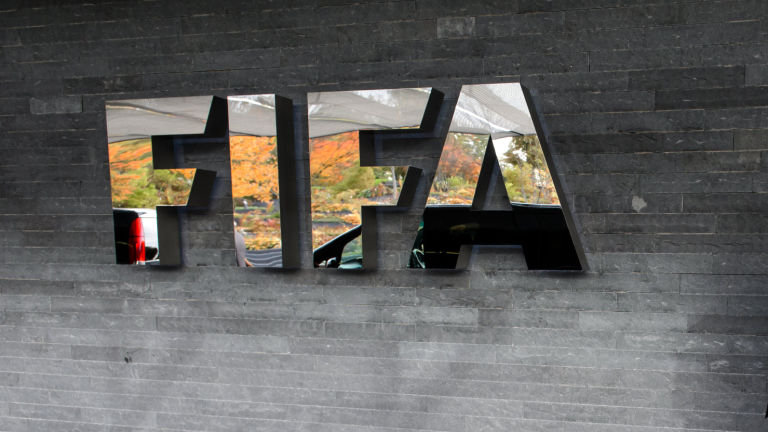RIO DE JANEIRO, BRAZIL – FIFA’s report on players’ buying and selling operations conducted in 2020 confirms Brazil as the main supplier of labor in the world soccer market despite the pandemic. Last year, there were 2,008 transactions involving Brazilian athletes.

The figure is more than double that of Argentina, the second country in the ranking, with 899 athletes negotiated.
According to the FIFA report, 17,077 transfers were recorded worldwide in 2020, a reduction of 5.4% compared to 2019 (18,047), due to Covid-19. It was the first drop in ten years, but the figures for 2020 were still higher than in 2018 (16,547).
The transactions involving Brazilian players were also the ones with the highest turnover worldwide: US$734 million. Next come Spanish players with US$612 million.
The largest transaction involving a Brazilian player in 2020 was the sale of midfielder Arthur from Barcelona to Juventus for US$85 million. Attention is drawn to the fact that two years earlier the Catalan club had paid Grêmio US$48 million (R$262 million) for the player. In other words, there was an appreciation of almost 90%.
“Brazilian players are commodities. By comparison, it is like selling iron ore to the Europeans to convert it into steel. You sell a player for R$10 million and two years later they resell him for R$80 million. The Europeans have already learned that if you spot a talent here in Brazil and perfect him, you can profit greatly in the short-term,” says Marcelo Robalinho, an entrepreneur with over 60 players from 15 countries.
Jorge Machado, an agent who brokered the sale of Arthur to Barcelona, among other deals, points out the size of the Brazilian market compared to the other centers of world soccer. “Brazilian players, in addition to being good and cheap, are abundant. Here there are many options. Take the case of Marinho, of Santos. For me, he is currently the best player in Brazil and only reached this level when he was 30 years old. This kind of situation only exists in Brazil,” he says.
The calendar is another factor that favors the export of players. The state championships, played in the first semester, have thousands of players linked to hundreds of clubs across the country. But, in the second semester, work options are basically restricted to 60 teams with a fixed calendar in the A, B and C Series of the Brazilian Championship.
“Many athletes don’t have a space here and, therefore, seek a career abroad. In many cases, this kind of transaction is, in fact, the surplus that the internal market can’t absorb”, says entrepreneur Jorge Moraes, president of the Brazilian Association of Football Agents.
Most of these transfers go to Portugal. With 274 transactions recorded last year by FIFA, the country is the main gateway for Brazilian athletes to the European market. Last year, the most prominent hiring between the two countries was Everton Cebolinha, who exchanged Grêmio for Benfica.
NATURALIZATION – Another trend that has been observed is the movement of Brazilian players leaving the country to play for other teams. “In recent years, we have seen a growth in exports of Argentinean, Colombian and even Venezuelan players, but the preference continues to be for Brazilians. There are countries buying Brazilian players thinking about naturalizing them,” says Moraes.
With an eye on a position in the 2022 World Cup, the United Arab Emirates have set up a task force to naturalize foreigners and the local team includes midfielder Fabio Lima and striker Caio Canedo, athletes who are not prominent in Brazil, but who enjoy star status in the Arab country.
China did likewise in 2019. Brazilians Aloísio, Ricardo Goulart, Elkeson, Alan and Fernandinho accepted to become naturalized, adopted Mandarin names and renounced Brazilian citizenship, given that China does not allow dual nationality.

